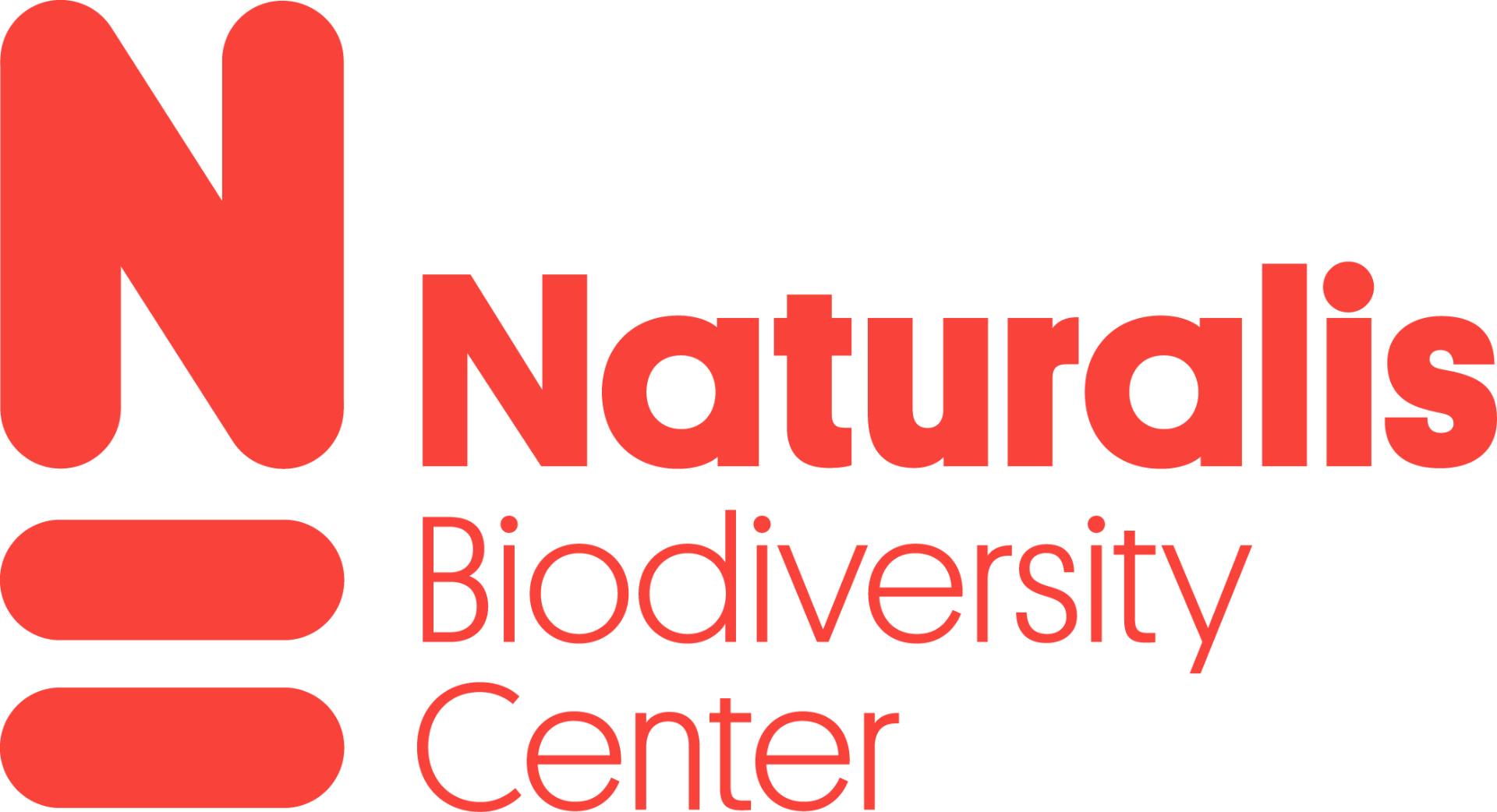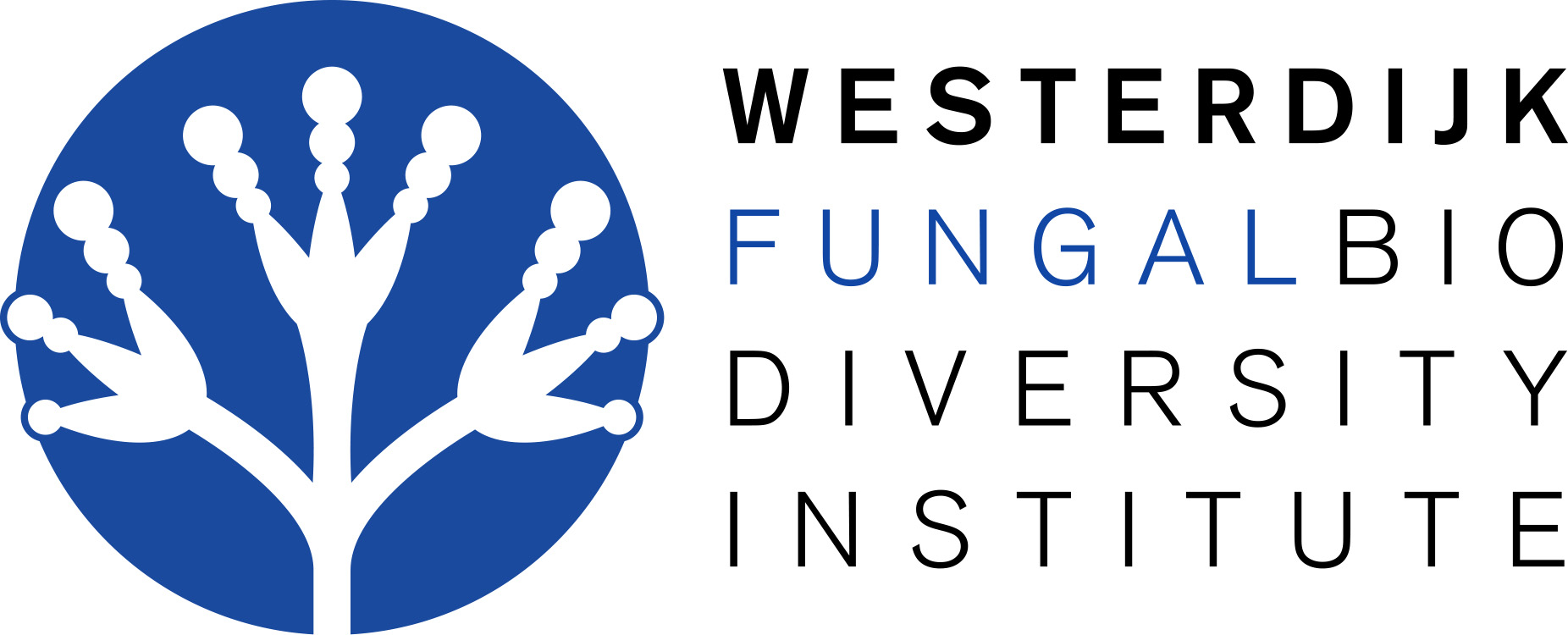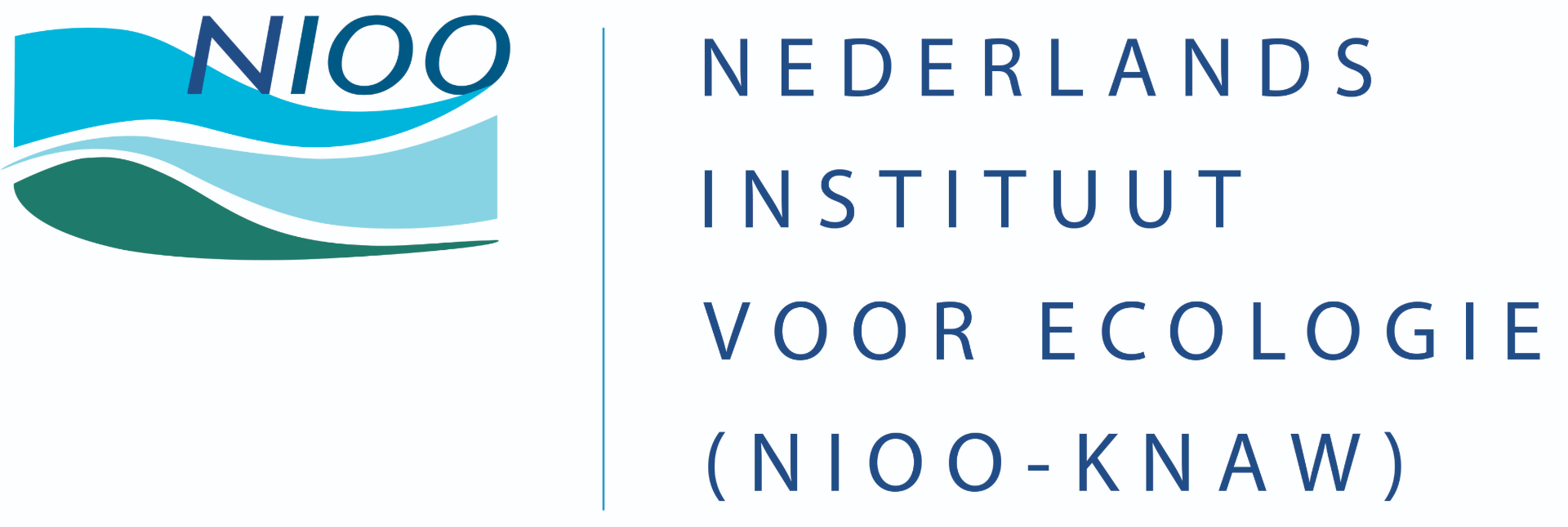Founding of Centre of Excellence for Netherlands Biodiversity Research
Together, the four institutes will launch the new Centre of Excellence for Netherlands Biodiversity Research. Its aim is to significantly increase integral knowledge of Dutch biodiversity in all environments: on land, in fresh and saltwater, and from genes to entire ecosystems.
The new centre also offers a platform for universities and knowledge institutes in the Netherlands to cooperate. The aim is to create a hub of knowledge about biodiversity available to every scientist. Universities are therefore warmly encouraged to join.
The centre will collaborate on research, and share important facilities, to help science and society move forward. It will be formally launched on 29 September 2020 during the Dutch Biodiversity Gala, which also marks the start of Naturalis' 200th anniversary celebrations.
Biodiversity loss has economic impact
Biodiversity loss is one of the major threats to humanity, and is having an increasing economic and social impact. See also the recent report from the Dutch Central Bank and Netherlands Environmental Assessment Agency on the financial risks of biodiversity loss.
Recovery measures have so far been hit and miss. For management and restoration efforts to be effective, more more fundamental knowledge of ecology and the ecology behind it is required.
Edwin van Huis, Managing Director of Naturalis: "It’s important that there’s a national approach to scientific research on biodiversity. This cooperation - with universities and other knowledge institutions as well, of course - makes it possible to do much better fundamental and applied research and to coordinate the research with each other and thus make smarter use of our resources".
Nationwide approach needed
The Netherlands is an international leader in many of the biological disciplines in the field of biodiversity. However, connections between knowledge on different levels are sometimes missing: between macro- and microbiological diversity, for example. It is also important to gain more insight into the ways in which species react to each other when biodiversity de- or increases.
"Our commitment is to increasing scientific knowledge of biodiversity in the Netherlands at the level of genes as well as species and ecosystems," says Prof. Dr. Geert de Snoo, director of NIOO-KNAW. "The challenges are obvious. Think of the relationships between biodiversity and climate change, land and water use, nitrogen and non-native substances. By working together as knowledge institutes, we are better able to gain insight into the restoration of our biodiversity".
"A unique feature of this alliance is the integration of national biodiversity knowledge, at both the macro- and the micro-level, on land, in the air and at sea", says Prof. Dr. Henk Brinkhuis, director of NIOZ. "This is urgently needed to achieve a real breakthrough in effective biodiversity management and restoration. Much is still unknown, so a lot of scientific research is needed to map current the biodiversity situation and understand its interactions. This will enable us to achieve the objectives of the Delta Plan for Biodiversity Recovery, the North Sea consultations and other societal green agendas at an earlier stage."
Building on recent investments
This cooperation also builds on NWO's recent investments in a National Roadmap for Large-Scale Scientific Infrastructure. Grants have been allocated to the ARISE project (which includes both Naturalis and the Westerdijk Institute) for the construction of a globally unique infrastructure aimed at mapping all multi-cell species in the Netherlands, and to a project aimed at providing NIOZ's research fleet with innovative (large-scale) scientific equipment.
In addition, NIOO-KNAW is a partner in the Onder het Maaiveld project, which gives underground biodiversity the attention it deserves with a financial contribution from the Dutch Postcode Lottery.
These important investments offer smart and fast ways to obtain a more reliable picture of biodiversity throughout the kingdom of the Netherlands, including also Aruba, Curaçao and Saint Martin.

Oprichting 'Centre of Excellence for Netherlands Biodiversity Research'
Nationale aanpak biodiversiteit: samen kennis vergroten voor Nederland
Om de kennis over de Nederlandse biodiversiteit aanzienlijk te vergroten, is een nationale aanpak van het wetenschappelijk onderzoek noodzakelijk. Om dat mogelijk te maken, bundelen Naturalis Biodiversity Center, het Nederlands Instituut voor Ecologie (NIOO-KNAW), het Koninklijk Nederlands Instituut voor Onderzoek der Zee (NIOZ-NWO) en Westerdijk Fungal Biodiversity Institute-KNAW nu hun krachten.
De vier instituten starten samen het Centre of Excellence for Netherlands Biodiversity Research. Het doel is om de integrale kennis over de Nederlandse biodiversiteit aanzienlijk te vergroten in alle milieus: op het land, in het zoete en zoute water, en van genen tot en met ecosystemen.
Het centrum vormt de kern voor nauwe samenwerking van de universiteiten en kennisinstellingen van Nederland. Zo ontstaat een knooppunt aan kennis over biodiversiteit die voor elke wetenschapper beschikbaar is. De universiteiten worden daarom expliciet uitgenodigd om zich hierbij aan te sluiten.
In het centrum wordt samengewerkt aan onderzoek en worden belangrijke faciliteiten gedeeld om wetenschap en maatschappij verder te helpen. Het wordt op 29 september 2020 officieel opgericht. Dat gebeurt tijdens het Gala van de Biodiversiteit, dat ook het begin is van de viering van het 200-jarig bestaan van Naturalis.
Biodiversiteitsverlies heeft economische impact
Het verlies aan biodiversiteit is een van de belangrijkste bedreigingen voor de mensheid en dit heeft een steeds sterkere economische en maatschappelijke impact. (Zie ook het recente rapport van De Nederlandsche Bank en Planbureau voor de Leefomgeving over de financiële risico’s van biodiversiteitsverlies).
De activiteiten gericht op herstel blijken niet altijd te werken. Voor effectief beheer en herstel van de biodiversiteit is meer fundamentele kennis van biodiversiteit en de ecologie erachter nodig. Edwin van Huis, directeur Naturalis:
“Het is belangrijk dat er een nationale aanpak komt in het wetenschappelijk onderzoek naar biodiversiteit. Deze samenwerking, uiteraard ook met universiteiten en andere kennisinstellingen, maakt het mogelijk om veel beter fundamenteel en toegepast onderzoek te doen en het onderzoek onderling beter af te stemmen en dus ook slimmer gebruik te maken van onze resources.”
Nationale aanpak noodzakelijk
In Nederland lopen we internationaal voorop in veel van de biologische disciplines op het gebied van de biodiversiteit. Toch ontbreekt het nog vaak aan koppeling van kennis, bijvoorbeeld over macro- en microbiologische diversiteit. Bovendien is het belangrijk om beter te begrijpen hoe soorten op elkaar reageren bij veranderingen in de diversiteit.
“Onze inzet is om de wetenschappelijke kennis van de biodiversiteit in Nederland zowel op het niveau van genen als soorten en ecosystemen te vergroten,” stelt Prof. Dr. Geert de Snoo, directeur NIOO-KNAW. “De opgaven zijn evident. Denk aan de relaties tussen biodiversiteit en klimaatverandering, land- en watergebruik, stikstof en milieuvreemde stoffen. Door als kennisinstituten samen te werken, zijn we beter in staat zicht te krijgen op herstel van onze biodiversiteit.”
“Uniek aan deze alliantie is het combineren van nationale biodiversiteitskennis, macro en micro, ter land, ter lucht en ter zee”, aldus Prof. Dr. Henk Brinkhuis, directeur NIOZ. “Dit is dringend noodzakelijk om echt een doorbraak te bereiken in effectief biodiversiteitsbeheer en -herstel. Nog veel is onbekend dus is er veel wetenschappelijk onderzoek nodig om de huidige biodiversiteit in kaart te brengen en de interacties te begrijpen. Daarmee kunnen we de doelstellingen van het Deltaplan Biodiversiteitsherstel, het Noordzeeoverleg en andere maatschappelijke groene agenda’s eerder bereiken.”
Voortbouwen op recente investeringen
Deze samenwerking bouwt ook voort op de recente investeringen van NWO voor de Nationale Roadmap voor Grootschalige Wetenschappelijke Infrastructuur.
Toekenningen waren er daarbij voor project ARISE (o.a. Naturalis, Westerdijk Institute) voor de bouw van een wereldwijd unieke infrastructuur om alle meercellige soorten binnen Nederland in kaart te brengen en voor het project om de onderzoeksvloot van NIOZ te voorzien van innovatieve (grootschalige) wetenschappelijke uitrusting. Het NIOO is daarnaast partner in het project Onder het Maaiveld, waarbij de ondergrondse biodiversiteit met een bijdrage van de Nationale Postcode Loterij de aandacht krijgt die het verdient.
Deze belangrijke investeringen maken het nu mogelijk om gezamenlijk sneller en slimmer een betrouwbaar beeld te krijgen van de biodiversiteit in het hele Koninkrijk der Nederlanden: Nederland, Aruba, Curaçao en Sint Maarten.
Contact
- Thirza Stam, Naturalis Biodiversity Center.
- Froukje Rienks, Nederlands Instituut voor Ecologie (NIOO-KNAW)
- Kim Sauter, Koninklijk Nederlands Instituut voor Onderzoek der Zee (NIOZ-NWO)
- Pedro Crous, Westerdijk Fungal Biodiversity Institute-KNAW



